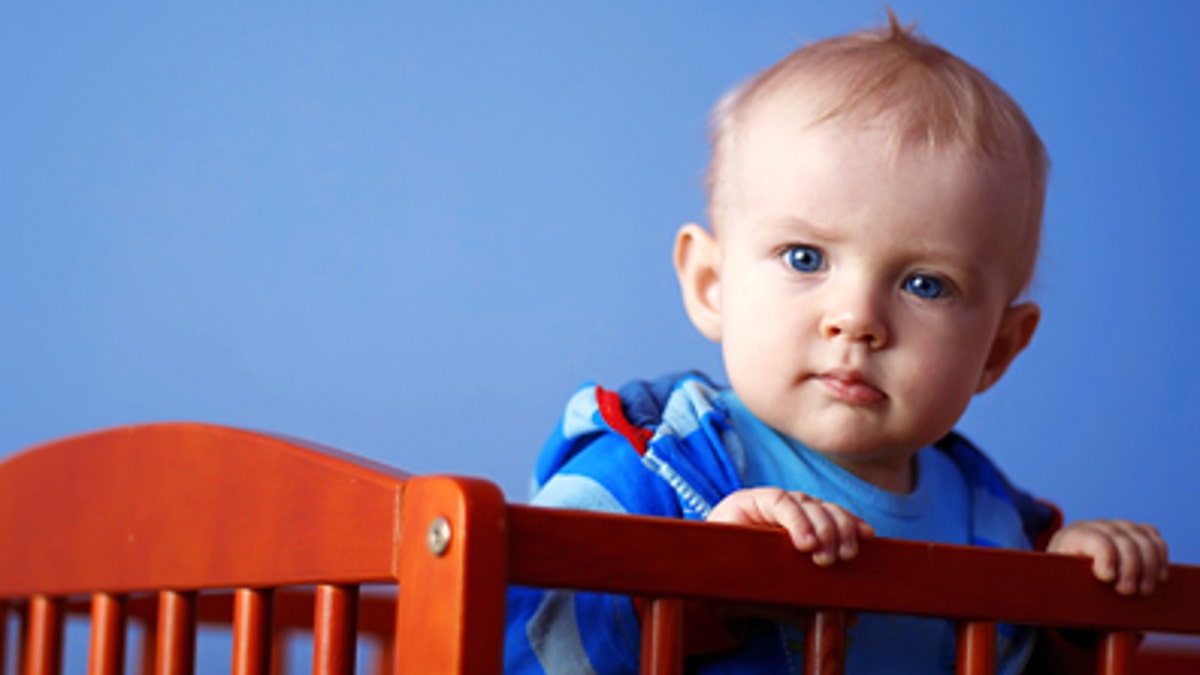
New research has found that napping is key to learning and memory in early life, BBC News reported.
Researchers from the University of Sheffield studied a group of 216 babies for up to 12 months and observed that they could not remember new tasks unless they had a lengthy nap soon afterwards. Findings suggest the best time to learn may be just before sleeping.
Study authors noted that “strikingly little is known” about the role of sleep in the first years of life— even though it is the time when people sleep the most.
The participants, between 6 and 12 months old, were taught three new tasks involving playing with hand puppets. Within four hours of learning, half of the babies slept an average of 106 minutes. The rest napped for less than 30 minutes, or did not sleep. After a substantial nap, babies could repeat an average one and a half tasks. With little sleep time, none of the tasks could be repeated.
“Those who sleep after learning learn well; those not sleeping don't learn at all,” Dr. Jane Herbert, of the department of psychology at the University of Sheffield, told the BBC News website, noting that while it had been assumed that being wide awake was best for learning, the findings suggest the events just before sleep are most important.
Researchers emphasized the importance of reading before bedtime.
Previous studies have shown how new connections in the brain cells form during sleep.
"It may be that sleep is much more important at some ages than others, but that remains to be firmly established,” Derk-Jan Dijk, a sleep scientist of the University of Surrey, told BBC News.
Surrey added that sleep is important for babies, but he questioned whether being sleepy during training is ideal for retention.








































